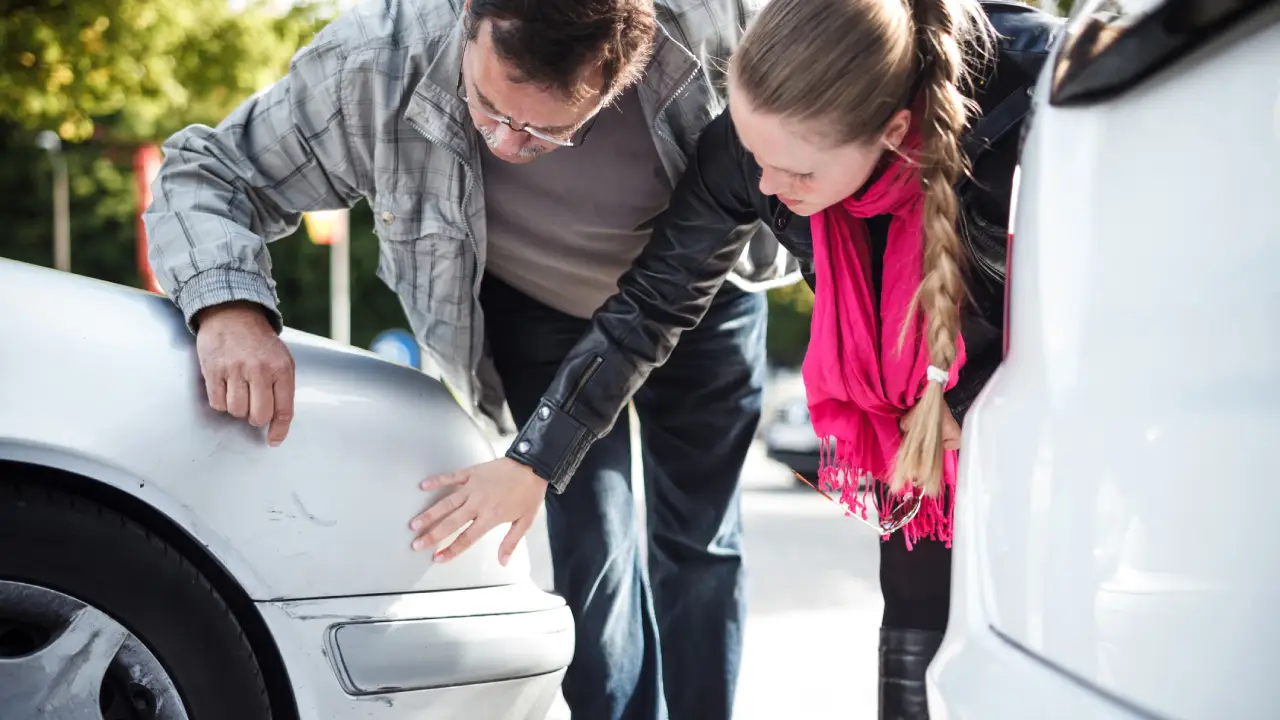It’s mandatory to have car insurance in most states, and continuous coverage is vital in protecting yourself and other motorists on the road. But what happens if your car insurance lapses for whatever reason—due to missing payments, forgetfulness, or anything else? A car insurance lapse may spell bad consequences and include legal trouble as well as premiums due to such an emergent lapse.
In this blog, we’ll discuss what a lapse in car insurance means, the penalties that may be incurred, and most importantly, what steps can be taken to solve it without causing lasting damage to your driving record and finances. What Happens If Your Car Insurance Lapses? Steps to Fix It

1.What Lapse in Car Insurance Means:
You no longer have active coverage on file under an insurance policy if it has expired or cancelled. This may happen for several reasons, listed below.
- Missed payments: If you fail to pay your insurance premiums by the due date, the provider will cancel your insurance policy.
- Policy Expiry: A few drivers forget to renew their policy or let it expire without noticing.
- Non-renewal: The insurance provider may choose not to renew the policy for some time because of the history of claims, non-payment, or other risk factors.
- Provider transfer: You switch your provider and have a gap between the two policies.
Regardless of the reason, there can be high consequences for driving uninsured. It is important to understand how a lapse in car insurance affects you and what you can do to rectify it.
2.What happens if a Car Insurance Lapse Occurs?
Legal Implications
- Penalty: In most countries driving without insurance brings up heavy fines. These may depend on where you live, but then cost penalties can add up very quickly.
- Suspension of Driver’s License: A lapse in coverage may bring about suspension of driver’s license. In many states, you are required to have insurance proof to keep your license.
- Problems with Registration: If you fail to provide any insurance, most states will not allow you to renew your vehicle registration.
Financial Implications :
- Higher Premiums: A lapse in car insurance means you will pay higher premiums once you renew your policy. A lapse is regarded by insurance companies as riskier, and they will increase the premiums as a result.
- Personal Liability: You are personally liable for any damages/injuries caused in an accident because you do not have insurance. This can result in significant costs incurred in out-of-pocket payments, including legal fees and medical costs.
Impact on Driving Record :
It is possible that an insurance lapse goes on your driving record and, as a result, may affect how those you insure in the future view you. If you repeatedly have lapses, then there will be trouble finding affordable insurance for you in the future.
3.How to Fix a Lapsed Car Insurance Policy :
Fortunately, a majority of the time, a car insurance lapse can be fixed. Moving quickly is important to limit the extent of damage. This is what you need to do:
Step 1: Investigation into Lapse
How long are you lapsed? If your lapse is recent (less than 30 days), penalties or rates may not have a lot to do with it. In contrast, a lapse of longer than 30 days may cause a considerable increase in your premiums.
Step 2: Call your Shuttered Insurance Company
Even when all you forgot was a payment or failed to renew, you need to get on the phone with your insurance company immediately. Some carriers will allow a grace period, meaning you can get your policy reinstated with little or no penalty. If a different company previously insured you, contact that company to see whether you can put the policy back in force.
Step 3: Look for a New Policy
Your previous provider canceled your insurance, or you cannot get it reinstated. Start looking for new insurance right away. Compare insurers to find the right kind of insurance you want at a cost you find affordable. Keep in mind that a lapse may increase your rates, but shopping around can help you find the most affordable option.
Step 4: Provide Proof of Coverage
After obtaining new coverage, ensure to have proof of insurance. If your lapse is reported to the state, you may be required to provide proof of active insurance to avoid penalties meted out, like fines or a suspended license.
Step 5: Consider Non-Owner Car Insurance Coverage
You might need protection even if you do not have a vehicle, such as if you are temporarily without a car. Alternatively, a car for which you need coverage might be someone else’s car. Non-owner car insurance is what you will need in such a case. It protects you when driving a vehicle owned by someone else while helping you maintain a continuous record of coverage without needing to own a car.
4.How Do You Prevent a Lapse in Car Insurance?
Most people think the best way to handle a lapse in car insurance is to prevent it from happening in the first place. Here are some ways to keep active insurance:
- Payment reminders: Automatic payments or reminders will ensure that you will never miss a payment.
- Review at Intervals: Review the renewal date and terms of your policy from time to time so you know when renewals will become due and do not forget them.
- Switch Your Insurance Companies Before Expiry: If you intend to change your insurance company, make the policy effective before the expiration date of your old policy.
- Proof of Insurance Should Be in Easy Reach: Always keep the proof of insurance on hand in case you are stopped or involved in an accident.
5.Conclusion: Do not let a lapse change the character of your coverage.
A lapse in car insurance can be not merely an inconvenience, but can also have serious legal and financial consequences. However, in the long run, you can minimize the impact by acting swiftly and reinstating your existing coverage or acquiring a new policy. Stay proactive in maintaining your insurance to avoid the consequences of lapses, and remember that continuous coverage would protect not only yourself but also save money for a long time.
In the case of lapses in coverage, do not waste time. Contact your insurance provider, shop for new policies, and take the necessary measures to ensure you have the protection needed while on the roads.


